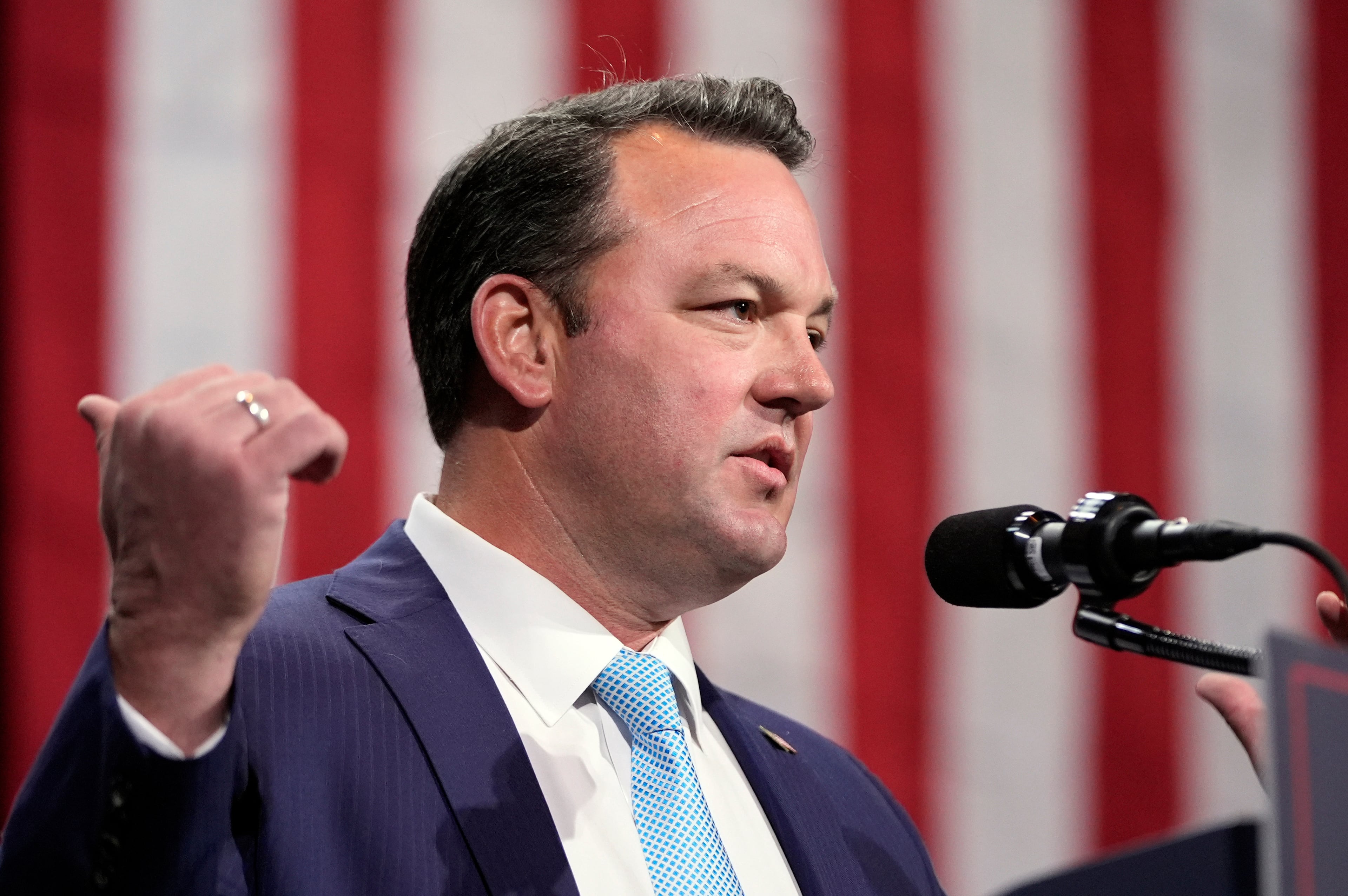DOJ elections chief quits after AG Barr approves voter fraud investigations
Attorney General William Barr is authorizing federal prosecutors to pursue “substantial allegations” of voting irregularities, if they exist, before the 2020 presidential election is certified.
On Monday, just hours after Barr’s order, the head of the Justice Department office that prosecutes election crimes resigned.
Richard Pilger, who was director of the department’s election crimes branch, sent a memo to colleagues, according to NBC News, suggesting his resignation was linked to Barr’s memo. He is still expected to remain as an attorney within the department’s criminal division.
“Having familiarized myself with the new policy and its ramifications, and in accord with the best tradition of the John C. Keeney Award for Exceptional Integrity and Professionalism (my most cherished Departmental recognition), I must regretfully resign from my role as Director of the Election Crimes Branch,” Pilger’s letter said, according to a copy obtained by the network.
Barr’s action comes days after Democrat Joe Biden was projected, by almost every major news outlet and network, to defeat President Donald Trump. Barr’s directive gives prosecutors the ability to go around longstanding Justice Department policies that normally would prohibit such overt actions before the election is certified.
Trump has not conceded the election, saying there has been a widespread, multi-state conspiracy by officials to skew the vote tally in Biden’s favor despite any substantial proof.
In a memo to U.S. attorneys, obtained by The Associated Press, Barr wrote that investigations “may be conducted if there are clear and apparently-credible allegations of irregularities that, if true, could potentially impact the outcome of a federal election in an individual State.”
He said any allegations that would “clearly not impact the outcome of a federal election” should be delayed until after those elections are certified and prosecutors should likely open so-called preliminary inquiries, which would allow investigators and prosecutors to see if there is evidence that would allow them to take further investigative measures.
“While it is imperative that credible allegations be addressed in a timely and effective manner, it is equally imperative that Department personnel exercise appropriate caution and maintain the Department’s absolute commitment to fairness, neutrality and non-partisanship,” Barr wrote.
States have until Dec. 8 to resolve election disputes, including recounts and court contests about the results. Members of the Electoral College meet Dec. 14 to finalize the outcome.
Barr supported Trump’s claims of voter fraud before the election, attacking mail-in voting as prone to undue influence and coercion.
Generally, Justice Department policy is “not to conduct overt investigations, including interviews with individual voters, until after the outcome of the election allegedly affected by the fraud is certified.”
But Barr argues in the memo that concerns such acts could inadvertently impact an election are minimized once voting has concluded and that, in some cases, investigations could not be delayed until the election is certified.
A Justice Department official said Barr had not been asked by Trump, anyone else at the White House or any lawmakers to issue the memo. The official could not discuss the matter publicly and spoke to the AP on condition of anonymity.
The Associated Press contributed to this report.


